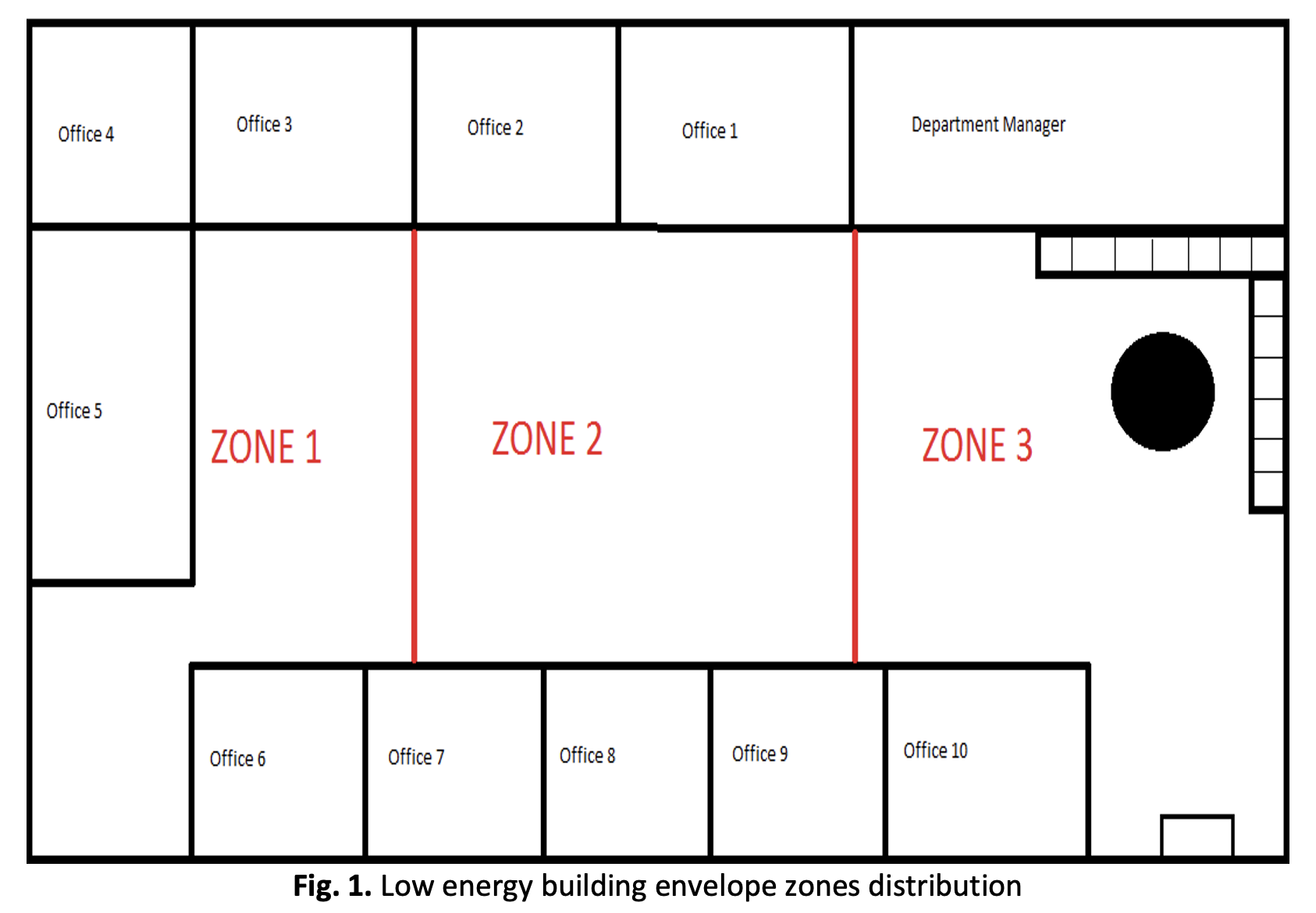Consumption-Based Priority Algorithm for Energy Consumption
DOI:
https://doi.org/10.37934/araset.38.1.8996Keywords:
low-energy building, Energy management, Energy Consumption (EC)Abstract
Energy management is a critical component of intelligent, low-energy buildings. Demand-side management may benefit more from energy management. It could allow the system to use less energy while still meeting its demand for the available resources. According to recent research, buildings may reduce their energy use by up to 30% via improved operations, which are often based on effective energy management using the load priority algorithm. As a result, there is still room for energy savings in buildings via improved and effective operation. Smart grids provide electricity systems with suitable infrastructure for enhancing building energy efficiency. The secret to creating energy-efficient processes is creating rules based on energy consumption priority algorithms. When an energy bank is limited and an energy supply to a system is needed for a specific time, the priority algorithm is frequently used. In this study, a priority algorithm is put forward and put to the test in a real-world setting of a low-energy building.
Downloads





























